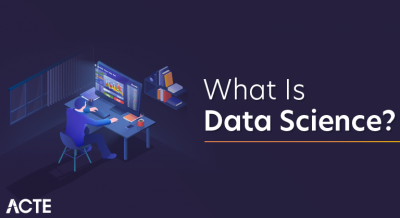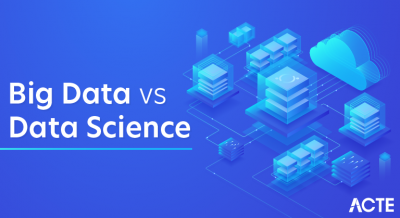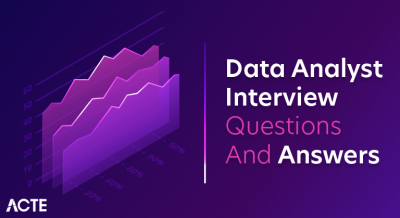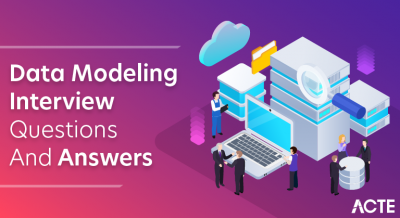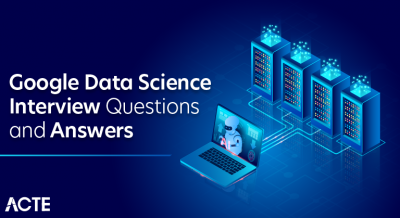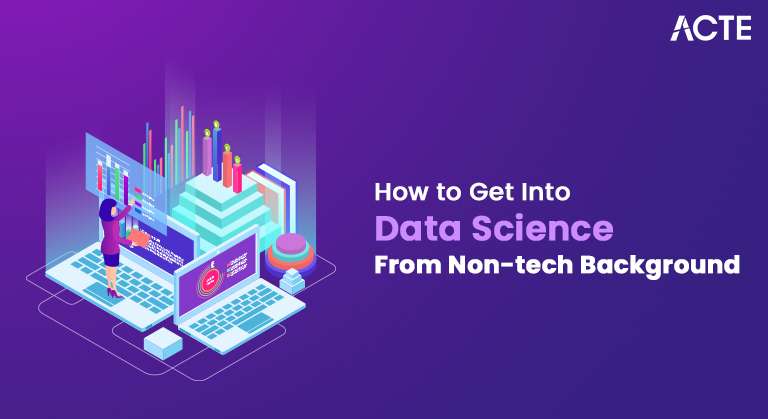
- Understanding the Basics of Data Science
- Recognizing Transferable Skills
- Start with Basic Data Science Concepts
- Learning Programming Languages for Data Science
- Enrolling in Online Courses and Bootcamps
- Working on Projects and Building a Portfolio
- Networking and Building Connections
- Applying for Entry-Level Roles
- Staying Updated and Continuing Education
- Conclusion
Data science is among the most exciting and in-demand fields today, offering various career opportunities across multiple industries. The field combines computer science, mathematics, statistics, and domain expertise to extract meaningful insights from data and analytics to help organizations make data-driven decisions. While the demand for data scientists has increased exponentially, the path to entering this field may seem daunting, particularly for those from non-technical backgrounds. However, transitioning into Basics of Data Science from a non-tech background is entirely possible with the right approach and mindset. Data Science Course Training guide will explore how individuals from non-technical backgrounds can break into data science, the steps they need to take, and the skills required to succeed.
Understanding the Basics of Data Science
Before embarking on a career in Data Engineering , it’s crucial to understand what data science entails. Data science is not just about working with algorithms; it also involves data and analytics, cleaning, analysis, visualization, and understanding the business problem you’re trying to solve. As a non-technical person, the key is understanding that data science involves much more than coding; Data Science requires problem-solving, analytical thinking, and an understanding of the business context. The key areas involved in data science include:
- Data Collection and Data Engineering: Gathering data from different sources.
- Data Wrangling: Cleaning and processing raw data into a usable format.
- Statistical Analysis and Machine Learning: Applying algorithms and statistical methods to extract insights.
- Data Visualization and Reporting: Presenting data insights in a clear and understandable format.
- Communication: Translating technical findings into actionable business strategies.
Become a Data Science expert by enrolling in this Data Science Online Course today.
Recognizing Transferable Skills
While a non-technical background might seem like an obstacle, many skills you’ve developed in previous jobs can be transferred to a career in data science. Skills such as:
- Critical Thinking and Problem-Solving: The ability to analyze problems and develop solutions is at the core of data science. If you’ve been in roles that required critical thinking, you’re already on the right track.
- Communication Skills: Explaining complex ideas is vital in Data Engineering . As someone who has worked in non-technical roles, you may already have strong communication skills that are essential when presenting your findings to non-technical stakeholders.
- Analytical Skills: Data science requires analyzing data, interpreting results, and making recommendations. If you’ve been involved in decision-making processes based on data and analytics or reports in Big Data vs Data Science , you’re already developing key analytical skills in data science.
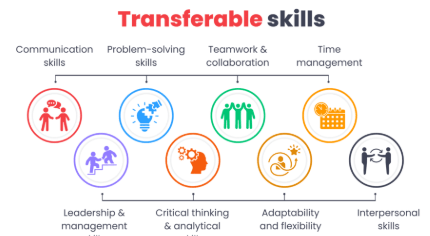
Start with Basic Data Science Concepts
For someone from a non-technical background, the first step is to build a foundation of basic knowledge in data science. Basics of Data Science can be done through free online resources, books, and courses. Some foundational Data Science Concepts you need to understand include:
- Statistics and Probability: Understanding statistical measures, hypothesis testing, distributions, and probability theory is crucial for analyzing and interpreting data.
- Basic Programming: Although coding is not the only skill in Data Engineering, learning programming languages like Top Reasons to Learn Python or R is essential. Python, in particular, is highly recommended due to its versatility and the vast number of libraries available for data analysis.
- Data Analysis and Visualization Tools: Learning to use tools like Excel, Tableau, or Google Analytics is a great starting point. These tools allow you to manipulate and visualize data without requiring deep programming knowledge.
- Coursera and edX: Platforms like Coursera and edX offer a wide range of data science courses from top universities such as Stanford, MIT, and Harvard. They offer classes in statistics, programming, machine learning, and data analysis courses.
- Udacity: Udacity offers a “Data Scientist Nanodegree” program, which is more hands-on and industry-oriented. Logistic Regression designed to equip you with practical skills by working on real-world projects.
- Data Science Bootcamps: Intensive boot camps like General Assembly, Springboard, and Le Wagon provide immersive, full-time, or part-time programs to upskill non-technical individuals in data science quickly. Bootcamps are an excellent option if you prefer a more structured Machine Learning environment with access to mentors and career support.
- Predictive Analytics: Using historical data to build a model to predict sales, stock prices, or customer behavior.
- Data Visualization: Using tools like Tableau or Matplotlib to visualize data in a way that tells a story and makes the findings more straightforward to understand.
- Data Cleaning: Finding a messy dataset and cleaning it to make it usable for analysis. This can be a great way to practice your data-wrangling skills.
- Kaggle Competitions: Kaggle is a platform for Data Science Concepts competitions where you can find real-world datasets and compete with others. Participating in Kaggle competitions is a great way to improve your skills and showcase your work in your portfolio.
- LinkedIn: Build a LinkedIn profile highlighting your data science projects, certifications, and learning journey. Connect with professionals in the field and join data science communities.
- Meetups and Conferences: Attend local meetups, webinars, and conferences to meet data science professionals. You can learn from Dimensionality Reduction, ask for advice, and find job opportunities.
- Online Communities: Platforms like Reddit (r/datascience) and Stack Overflow have active data science communities where you can ask questions, share your work, and learn from others.
- Junior Data Scientist: This role may involve supporting senior data scientists by cleaning and processing data, running analyses, and building simple models.
- Business Intelligence Analyst: Business intelligence analysts work with data to help organizations make better business decisions, often focusing on data reporting and visualization.
Advance your Data Science career by joining this Data Science Online Course now.
Learning Programming Languages for Data Science
Programming is often a critical component of data science, and learning a programming language is an important step. While it may initially seem intimidating, anyone can learn programming with patience and persistence. Python is widely considered the most accessible programming language for beginners in data science. Data Science Course Training has a simple syntax and is used extensively for data and analytics , and machine learning tasks. The Data Science Concepts community extensively uses Python libraries such as Pandas, NumPy, Scikit-learn, and Matplotlib. R is another programming language specifically designed for statistics and data analysis. While it’s more statistical, it’s also a powerful language for analyzing and visualizing data. For non-tech professionals, starting with Python is an excellent choice due to its simplicity and versatility.
Enrolling in Online Courses and Bootcamps
Once you understand the basics of data science, the next step is to enroll in online courses or boot camps that offer more structured learning. These programs are designed to teach you Data Engineering concepts from scratch and typically cover the core areas:
Take charge of your Data Science career by enrolling in ACTE’s Data Science Master Program Training Course today!
Working on Projects and Building a Portfolio
Once you’ve gained some technical skills and knowledge, working on projects is the best way to solidify your learning. Creating a portfolio of projects will help you gain hands-on experience and demonstrate your skills to potential employers. You can start with smaller projects and gradually increase the Advantages and Disadvantages of Python Programming Language . Some project ideas include:
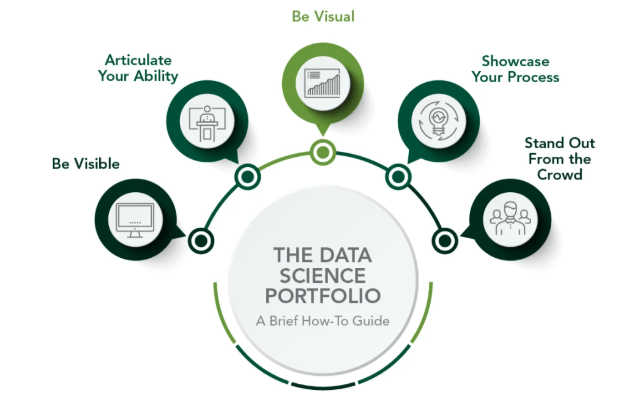
Networking and Building Connections
Breaking into data science isn’t just about acquiring technical skills it’s also about building relationships with others in the field. Networking can help you stay up-to-date with the latest trends, gain insights from experienced data scientists, and find job opportunities. You can network in various ways:
Want to ace your Data Science interview? Read our blog on Data Science Interview Questions and Answers now!
Applying for Entry-Level Roles
Once you have acquired the necessary skills and built a solid portfolio, it’s time to apply for entry-level Data Science Concepts . Some common entry-level positions include: Data Analyst: A data analyst role involves working with data and analytics to generate reports, create dashboards, and provide insights. This is often a stepping stone into more advanced data science roles. In Data Wrangling to applying for jobs, consider internships or freelance work to gain practical experience and build your resume.
Staying Updated and Continuing Education
The field of data science evolves rapidly, with new techniques, tools, and technologies constantly being developed. To stay relevant in the field, it’s important to Machine Learning and refining your skills. Read industry blogs, take advanced courses, and follow influential data scientists on social media to stay informed about the latest trends and best practices.
Conclusion
Basics of Data Science from a non-technical background is possible with the right mindset, dedication, and approach. By leveraging transferable skills, Machine Learning, the fundamentals of programming and statistics, working on real-world projects, and networking with professionals in the field, you can successfully transition into data science. Data Science Course Training may take time and effort, but with persistence and a willingness to learn, you can build a rewarding and exciting career in this rapidly growing field.

